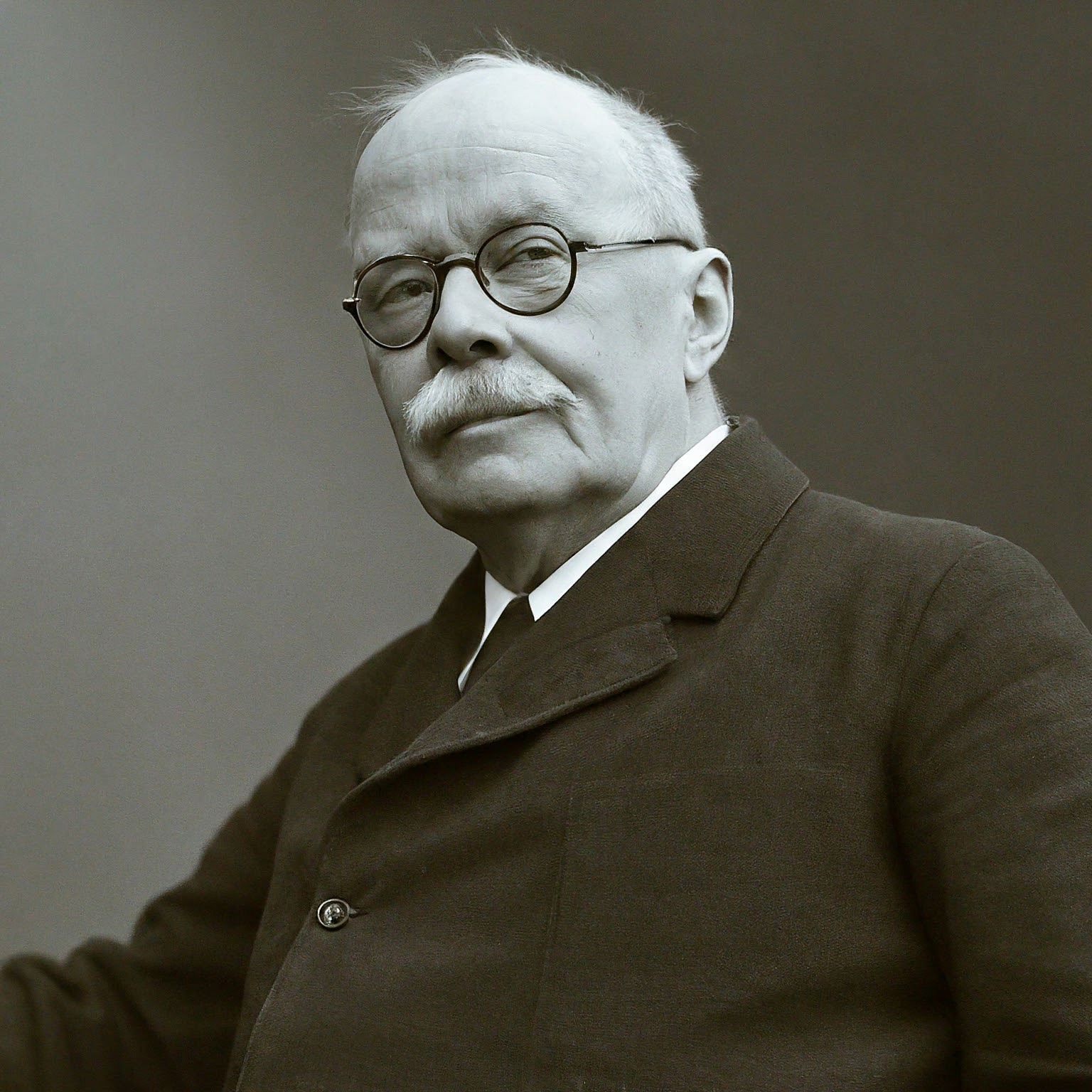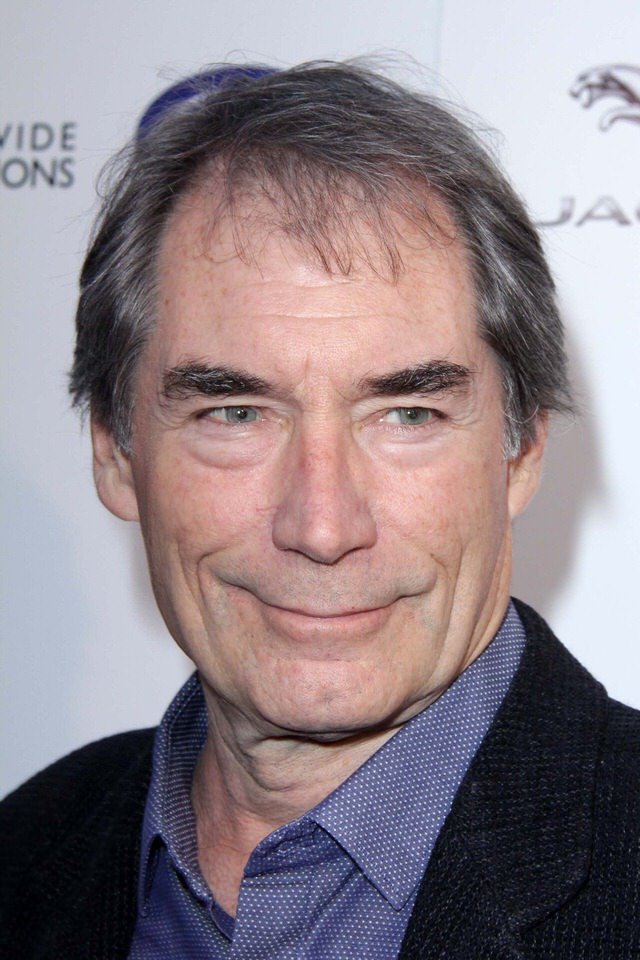Jean Baptiste Massillon
Jean Baptiste Massillon, an 18th-century French preacher, delivered captivating sermons known for their emotional depth and profound insights, earning him the title "the Racine of the pulpit".
Religious Leader
June 24, 1663
September 10, 1742
79
Jean Baptiste Massillon was a renowned French preacher and theologian who gained prominence during the 18th century for his eloquent sermons that captivated audiences with their profound insights and emotional resonance. Born in Hyères, France, Massillon displayed exceptional academic abilities and a passion for literature and philosophy from a young age. At the age of 18, he joined the Oratorian Congregation, where he completed his theological studies and was ordained as a priest in 1691.
Massillon gained recognition for his eloquent sermons while serving in various Oratorian churches, including Saint-Sulpice in Paris. His sermons emphasized repentance, humility, and divine love, and were renowned for their eloquence, clarity, and moral inspiration. In 1701, he was appointed as the official preacher to King Louis XIV, delivering sermons at Versailles that further solidified his reputation.
His widely published sermons influenced religious thought throughout Europe, as they combined theological depth with practical guidance, appealing to diverse audiences. Massillon was praised for his elegance, emotional power, and persuasive arguments, earning him the title of “the Racine of the pulpit,” a testament to his mastery of language and ability to evoke deep spiritual contemplation.
In 1719, Massillon was elected to the prestigious Académie française, and he received numerous honors for his contributions to religious thought and literature. Despite his fame and success, he was known for his humility, modesty, and devotion, living a simple and austere life. He maintained close ties with the Oratorian community and was highly respected by his fellow brothers.
Massillon passed away in Paris in 1742, leaving behind a rich legacy of sermons and spiritual teachings. He is remembered as one of the greatest preachers of the 18th century, shaping French Catholicism and leaving an indelible mark on the religious landscape of his time.












